Border: Director Ali Abbasi and stars Eva Melander and Eero Milonoff discuss outsiders and confronting otherness in their Un Certain Regard-winning film
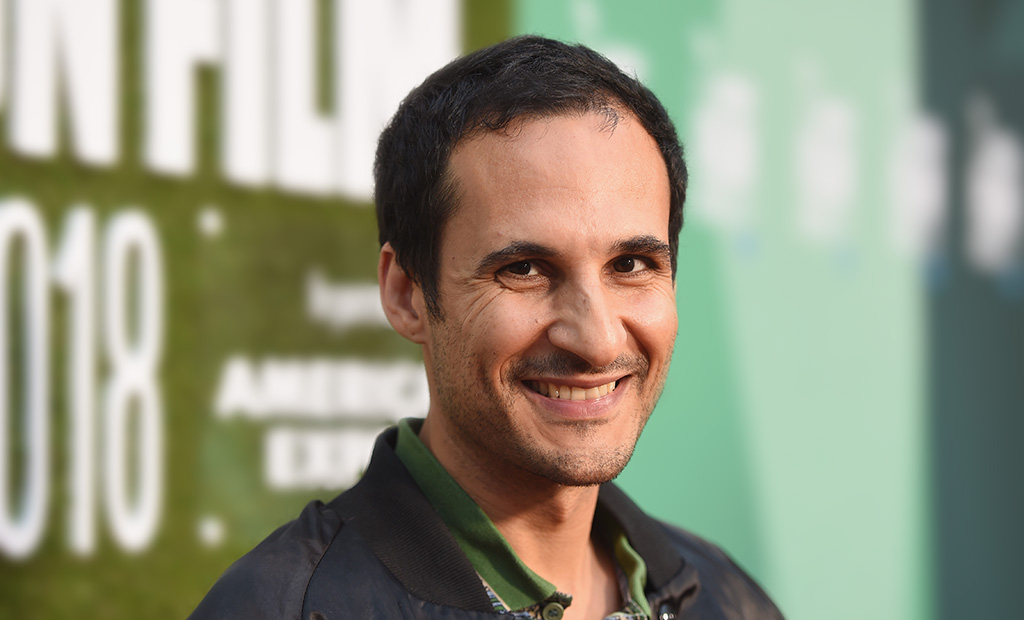
Ali Abbasi’s Border is the genre-troubling winner of 2018’s Un Certain Regard at Cannes, adapted from John Ajvide Lindqvist’s short story by the author and Isabella Eklöf. The film follows the day-to-day life of Tina (Eva Melander), a customs officer who is unusually skilled at her job, and the disruption of her reality that is catalysed by an encounter with Vore (Eero Milonoff). As Tina begins to approach the truth of this mysterious figure, she unearths previously unknown facets of her own identity, calling into question the limits of the label “human” and its assumed moral value.
With remarkable performances from Melander and Milonoff, the evocation of a troublingly familiar alternate world and cinematography that stuns and unnerves in equal measure, Border delivers an engaging visible spectacle and poses questions that linger, resisting disentanglement, beyond the film’s conclusion. We spoke with Ali Abbasi, Eva Melander and Eero Milonoff about the process of Border’s production, the challenges of portraying the non-human, and the interpretative possibilities afforded by the medium of film.
Hello Ali, Eero, Eva, thank you so much for speaking with us. I really enjoyed Border – it’s so engaging and somehow unsettling at the same time.
Abbasi: We need your help to get it out there! I’m actually a little bit amazed – I thought the UK was more likely to be open and artsy than the US when it came to a film like this, but so far it feels the opposite way around in terms of the cinema-goers and the exposure the film is getting. Maybe I’ll be proved wrong soon – I would love that!
And – congratulations – you did really well at Cannes, of course, so in those terms the movie is already acclaimed.
Abbasi: It’s interesting. The market here is much more mainstream than I thought it would be, it’s a tricky place for smaller movies here. In the US you seem to see more exposure for what are perceived as strange subtitled movies from outside of the country, even if they are given their own category, so to speak.
What was it that drew you to work from this story, in particular?
Abbasi: This is a story that is built on stark contrasts: on the one hand you have the emotional journey that Tina is going through, with Tina and Vore finding each other and confronting their otherness, set against humans; and then you have all the genre elements attached to the notion of “trolls”. There are all sorts of twists and turns and so forth, and I thought that this contrast was really interesting. Also, it could have gone wrong so badly – there are a lot of fantasy stories that try to build something like this up, and they fail – and I thought somehow this writer got it right. There’s a clear emotional thread running through it.
With regard to the characters then, what interested you in these roles?
Milonoff: The complicated characters are the best ones for actors and actresses, there’s a lot to develop, a lot to work with. I’ve said quite a few times that the first time I read the script I was amazed, and my intuition told me that there was something so unique here – I’d never read this kind of script before. The physical transformation too – gaining weight, the prosthetics involved – gave us a lot of work to do, but the most important thing is the connection between the characters, the actors, Eva and me.
When it came to portraying that relationship, how did you approach the connection there, existing as it does on the limits of “humanness” and something beyond?
Melander: For one thing, I found that, when I met Eero and Ali on my call back, I just felt we had a connection at that moment. It’s also connected to the way we work on things in general; in a role like this, you don’t hold yourself back – it worked because we just load and fire off.
Milonoff: And you open yourself, and you trust. And of course, when you meet these new people, and you receive that first impression, in this kind of work you really have to trust each other. We were working on very intimate scenes, and you really have to open yourself and be present there. And, I think as Eva said, we work generally in the same way. We really put it all in from the beginning on these characters, so we have this kind of professional connection, a shared approach to the work.
Melander: We worked on the balance of the animalistic and human sides together with Ali, also. He had to bring those aspects up and down with regard to our expressions.
How did you find the experience of that physical transformation, of embodying the characters?
Melander: That was a huge challenge, definitely, and that involved a lot of technical work before shooting even began. We had to try different things out – and [Ali] directed almost as an engineer, you know, “20% up, 15% down, a bit more here, less there”, while we were trying the mask out, trying to convey all the strong emotions.
Often your expressions in the film are very subtle – a look or gesture to convey a certain mood when that can’t be conveyed through the mask. Ali, in producing a film that offers a subtly parallel or alternate world, and being conscious that an audience may well draw connections with their own realities, did you approach this story with a specific message in mind? Do you see film as a good way to communicate a particular message?
Abbasi: I don’t know whether movies are the right medium for sending clear messages. There are propaganda movies of course, but I see it more as a building – the experience of watching a movie for me is like entering a building: it’s a whole made of so many parts, and maybe you go into the foyer, and you see a void in the middle, you think it’s interesting; maybe you really like the door handles, the rooftop. In a sense, movies kind of work that way, maybe slightly more controlled, but they present a possibility; within this frame, this story, this direction, I’m free to focus on the elements that I like. If I watch a Tarkovsky movie, for example, maybe I am not interested in the historical elements of it, maybe I’m interested in the emotional journey of the character. So my point is that hopefully, ideally, you’ll be able to derive your own interpretation of the movie, depending on how you read it. That’s not to say it’s a free for all – of course, we have thought about what it could mean for an audience, all the ways it can be interpreted. But also, to go back to your comment about a world that is slightly different from our world, that, for me, is the definition of movies. When I watch, for example, Hollywood movies, I see them as surreal pieces; for me, that’s obviously not reality. It reminds us of our realities, it is made of the same elements, but I enjoy it as a parallel world – this is no different.
One concern that Border raises is the ways that we treat people we deem to be “other”, or even “not normal”, and how many different meanings those terms can have. But the marginalised characters, and Vore in particular, are deeply complicated. What informed your development of his character in this adaptation?
Abbasi: In balancing the film, I felt there was an emotional weight that was missing. It needed a darkness – I was afraid that the story would become too cute, you know, two quirky people find each and go into the forest hand in hand – you would not be able to take Tina’s enormous existential pain seriously. It was one way of adding this serious, painful edge to it. But also, the fact that I don’t see Vore as being necessarily evil – his actions are informed by his worldview, and by how he perceives the human race.
Milonoff: I think most people will recognise something in the theme of the outsider. Those questions of “do I belong somewhere?”, “am I part of this community?”, certainly, the feeling of being an outsider can have a direct impact on a person’s behaviour, and we see that in the character of Vore.
Thank you so much for speaking with me, it’s been great to meet you. Wishing you the best of luck with the film.
Sylvia Unerman
Photo: Stuart C Wilson/Getty Images for BFI
Border is released in select cinemas on 8th March 2019.
Watch the trailer for Border here:


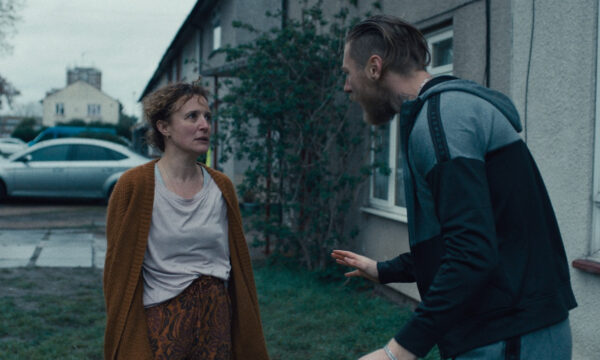

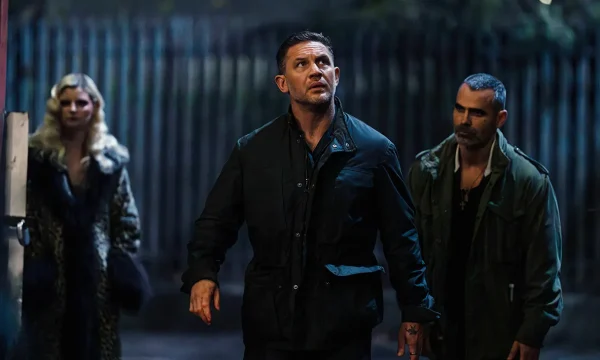
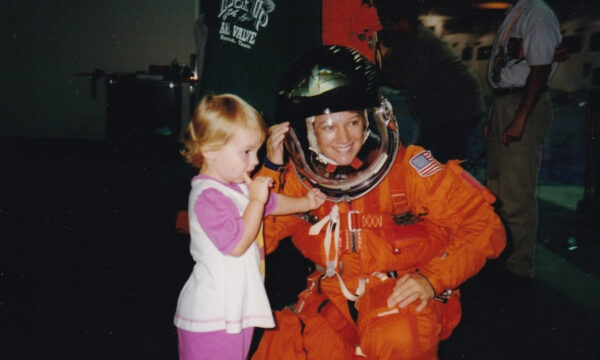
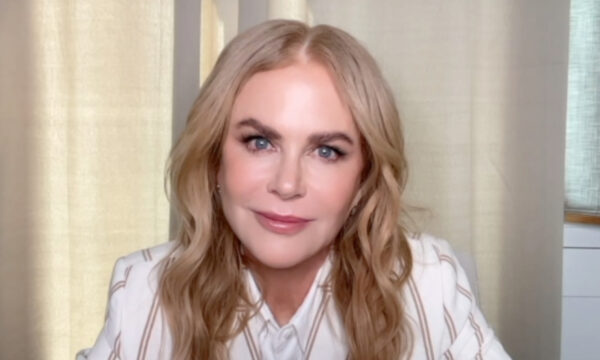
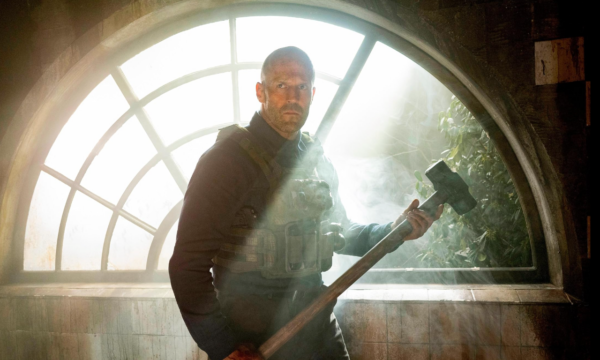
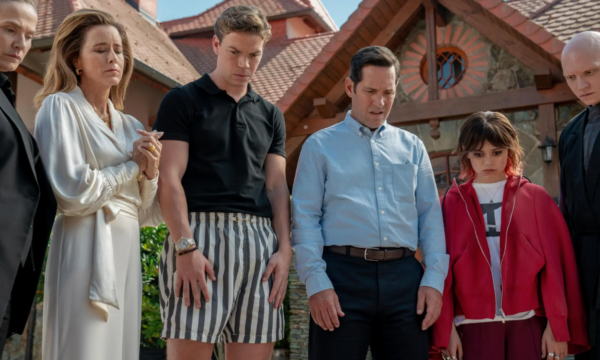








Facebook
Twitter
Instagram
YouTube
RSS